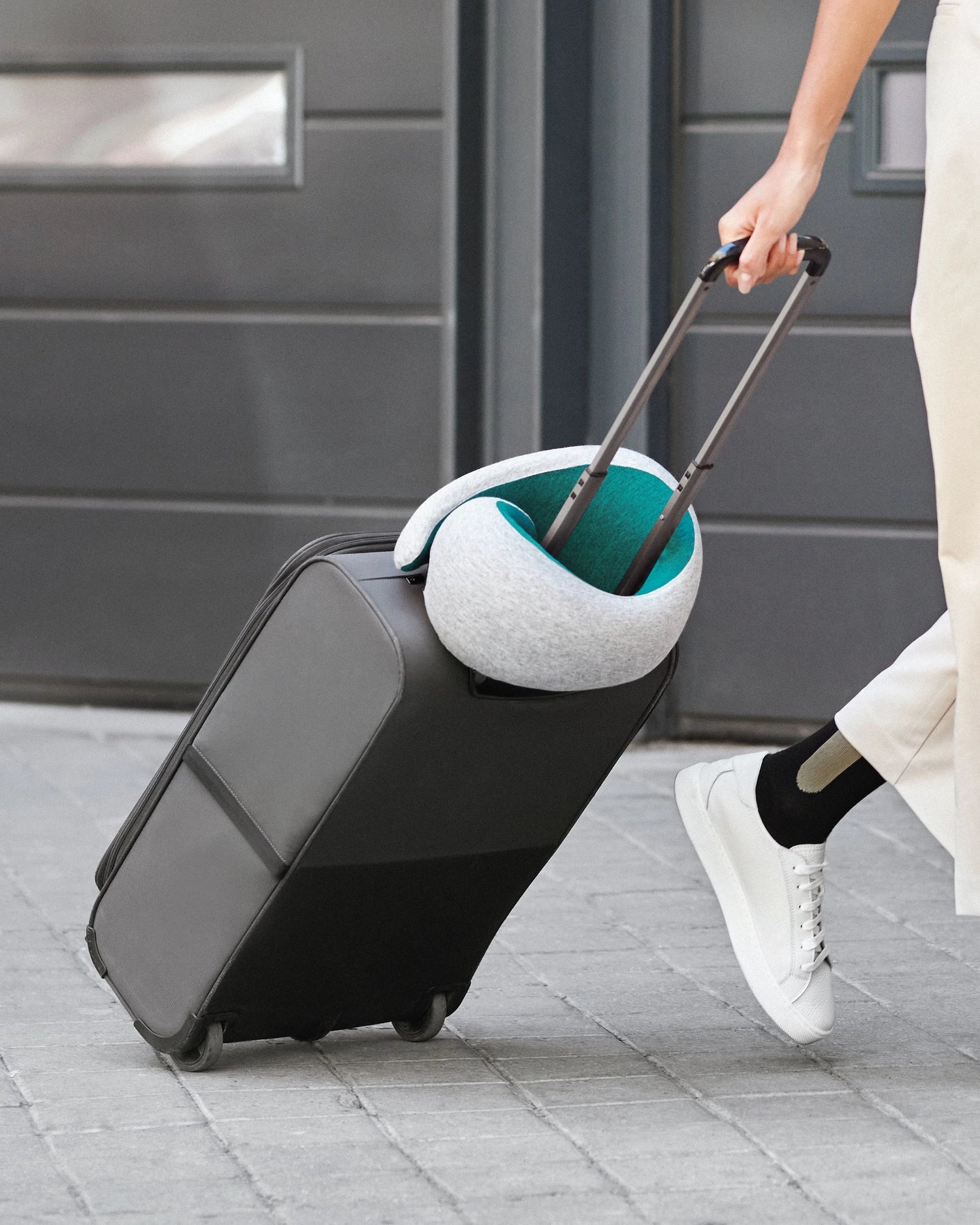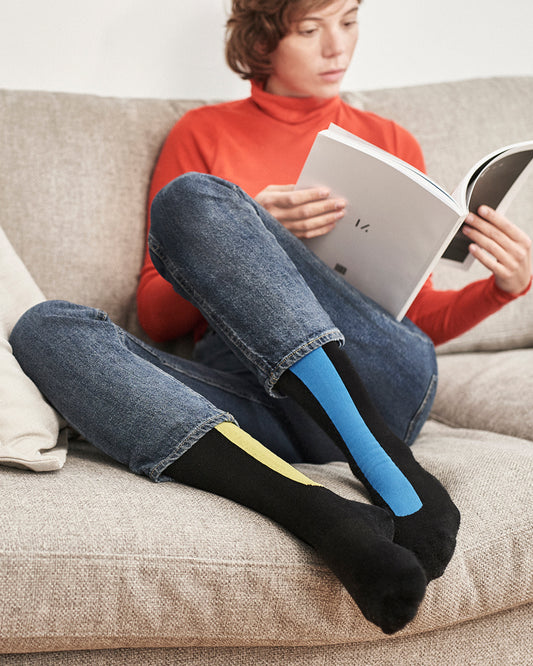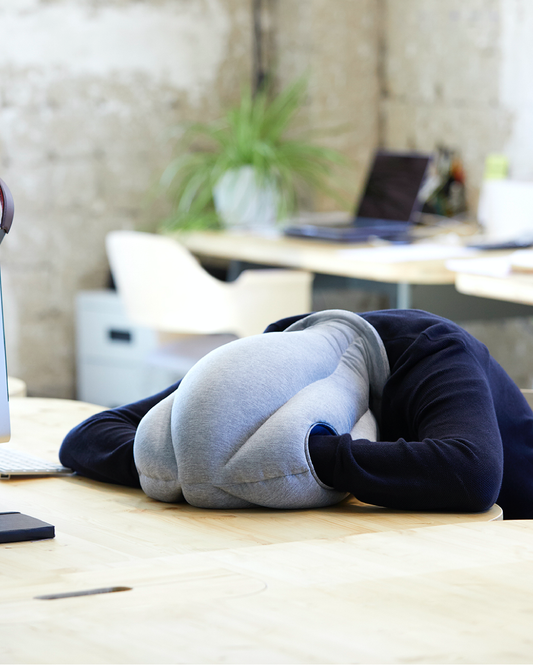
Do you need to take a break and grab some ZZZs but your home is too far away? These locations are accessible and rest-friendly.
Planning a camping trip can be tricky if you're not used to it. The urban travelers who stay in hotels tend to take many comforts for granted every time they leave home. And if they've forgotten something, they just have to find the nearest store and buy it. Nature is not like that. It's not going to make your life any easier – quite the opposite, in fact –, but in return it offers an unparalleled sense of freedom, fresh air and maximum disconnection. In short, a unique experience that deserves to be lived. If you don't know how to do it, keep reading.
How to plan a camping trip
Where to camp
A camping trip is not as easy as taking a tent or an RV and putting it in the middle of a forest. With a few exceptions, such as Norway, most countries have well-defined camping areas, and it is necessary to reserve a spot in advance – sometimes months in advance. Depending on whether you choose to stay in a tent or in an RV you will have to find the most suitable campsite, and one that offers services such as access to water. If you decide to go on your own – in a permitted location –, make sure you take detailed maps of the area with you and plan your arrival and departure routes in advance.
What to eat
There's no Seven-Eleven in the woods, so you better have a detailed meal plan. Make sure that wherever you go you can use cooking tools such as a small camping stove, and at least pasta and rice will be granted. Either way, it's much better if you bring along as much prepared food as possible, such as sandwiches or fruit. Always carry a small refrigerator with ice-filled coolers and eat your perishable food for the first few days. A camping trip requires a lot of activity, so you will need to eat more than usual!
What to do
Although just camping and enjoying nature without much else to do is enough for some, camping trips offer the possibility to do many activities. Rafting, climbing, hiking... whether you are an active person or not, you can find the one that best suits your tastes. Many of these activities need to be booked and equipped, so if you are not an expert, find out first – many campsites offer information about this.
What to bring on a camping trip
The first thing you should know is that even the most experienced campers forget something from time to time. So if you arrive at the campsite and an item on the list is missing, don't get stressed – unless it's something important, like the tent. So that at least the essentials are always with you, use this list when you pack.
Camping supplies
You can’t camp without these:
- Tent
- Sleeping bag
- Sleeping pad
- A pillow (for a total isolation experience, try an OSTRICHPILLOW Original)
- Flashlights with batteries
- Camp table and chairs
- Lantern
Tools
They will save your life:
- Axe
- Cord
- Hammer
- Multi-tool
- Duct tape
- Pocket knife
- Matches or lighter
- Solar charger
Kitchen supplies
Check always for a water source in advance:
- Stove and fuel
- Frying pan
- Cook pots
- Plates, mugs and cutlery
- Bottle opener
- Soap (biodegradable if possible)
- Cooler
- Trash bags
Of course, every camper and every camping trip will require a shorter or longer list, but what should never be lacking is the desire to have fun and the utmost respect for nature. Enjoy!
Want to keep dreaming?
At OSTRICHPILLOW we're all about travel, discovery, and the unexpected. Join our community of dreamers and you'll receive special offers and inspiration fresh to your inbox.





